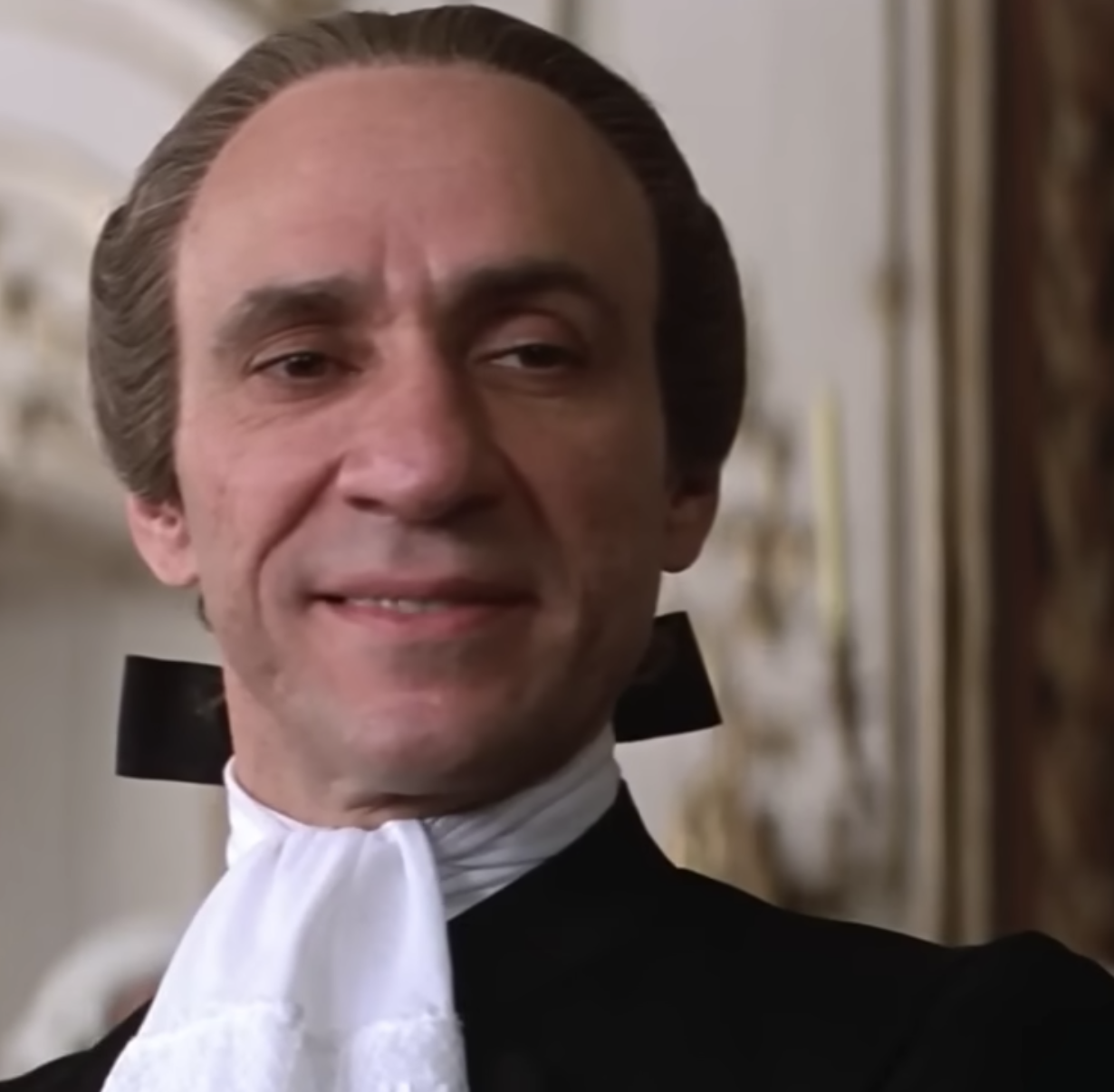1723
Bach’s Cello Suites
In 1723, or around then, Johan Sebastien Bach, created the Cello Suites.
This was three hundred years ago!
This was just sixteen years after England and Scotland had joined together to form Great Britain.
It was fifteen years after St Paul’s Cathedral had been built. Just think, if you had been visiting London for the weekend, you might have gone to see Bach on tour Saturday night, and then to visit ‘that fancy new church’ St Paul’s the next day.
The West End in London was in the process of being built.
Cello Suites, by the way, is not the name given to a penthouse in a musically themed hotel.
Bach was a composer, not the CEO of a construction firm.
The Cello Suites have a couple of string instruments being played, or so it sounds. There’s no drums, and Bach commissioned no electronic remixes, destined for after party lounge compilations.
But stick with them, because the Cello Suites are the ultimate in studied, staccato chill. They are pointed, but delicate, syrup-like, resonant and harmonised. There’s such poise in Bach’s music, it is so elegant.
Its like an internal body massage, it hits all the sweet spots.
Its not rock n roll. Its probably, actually, in some ways, much better.
In the video below a guy walks into a desert to play the Cello Suites. I like that.
Remember in 1723 there weren’t things like CD players and gramophones. People dreamt about listening to an orchestra play Bach’s music. So, party like an eighteenth century king, and treat yourself to a bit of Bach.
Actually, its not really about partying. What Bach does in Cello Suites, is build and furnish a beautiful period mansion, for you to cherish and reflect in. Its a grand, safe place, to regenerate and revitalise.
A beautiful period mansion I say! All yours.
And here’s me claiming that Bach was not the CEO of a construction firm!
In 1791 Wolfgang Amadeus Mozart composed the Clarinet Concerto in A major and other gubbins for a clarinetist Anton Stradler.
When Anton first saw, played and then heard what Mozart had composed, flushed in the face, he said ‘Come on and rock me Amadeus!’ and then he started rapping in German.
Being focused on the clarinet – this concerto is an absolute delight to listen to. Its so uplifting. You feel like a sparrow on a spring day.
In 1830, Frédéric Chopin premiered his Piano Concerto No.1 in E Minor.
The concerto is a dramatic affair. It has passion, sadness and a feeling of adventure. It also has gentleness and tenderness too. Its a nice blend.
Its got piano, but a fair few strings as well.
Chopin, a Pole, played piano himself at the premiere. The premiere was held in Warsaw, the capital of Poland. Chopin shortly left Poland after the concert. He went to Vienna, from where he later moved to live in Paris, France. Was this his ‘ode to Poland’? A long good-bye? A remembering of his life up to that point?
In 1879 a guy called Antonín Leopold Dvořák, who was born in what is now called the Czech Republic, composed an astonishing piece of music, based around the violin. Amazing though the piece is he gave it the drabbest of names. He called it the, wait for it, Violin Concerto in A minor, Op. 53 (B. 96 / B. 108). Marketing department go on holiday Antonín?
‘Its a bit screetchy isn’t it?’ said a speech and language therapist in the community centre I once worked in when I introduced it to the office. It is, admittedly a bad choice for background music, for this violin concerto is an in your face drama, there’s no doubt about it. It flies around your head, like several chirruping bluebirds until you get dizzy and drunk from the sound and the flight.
All the classical music composers died before the end of 19th Century, or so I thought.
Actually, as recently as 1976, and this was after The Beatles and The Stones had been doing their thing, Polish composer Henryk Górecki composed the 3rd Symphony, also known as the Symphony of Sorrowful Songs.
And they are indeed fantastically sorrowful, beautiful and haunting. They feature an operatic crescendo half-way through.
I got to know about this music, first, because Hybrid, an electronic dance DJ act, had sampled it in a track called Unfinished Symphony, towards the end of the 90s.
It took me some ten to twenty years to realise.
Musicians
Chopin
Frédéric Chopin lived in Warsaw, Poland. In 1830, the day after he premiered his Piano Concerto No.1 in E Minor, he left Warsaw for Vienna, after which he moved on to Paris.
Henryk Górecki
Like Chopin, Górecki was a Pole, who later went on to live and study in Paris, before returning to Poland. Born in 1933 and died in 2010. There’s a great review of his work and life here on The Guardian.
